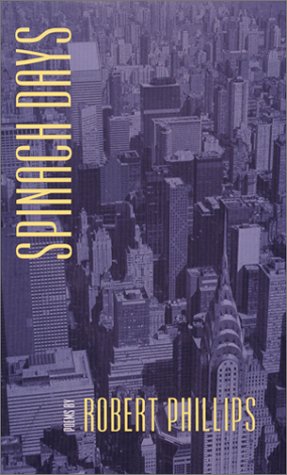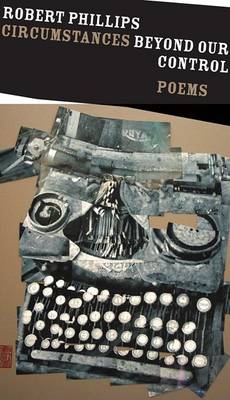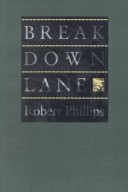Johns Hopkins: Poetry and Fiction
3 total works
Robert Phillips is a prominent figure in what has been called America's neglected "transition generation"-poets born in the late 1930s and early 1940s. Spinach Days is his sixth full-length collection, following his critically acclaimed Breakdown Lane (Johns Hopkins, 1994), named a Notable Book of the Year by the New York Times. In content and in its various use of forms, Spinach Days is Phillips' most innovative book yet. There are long narratives and short lyrics, villanelles and somonkas, haiku and found poems, free verse and eclogues, on subjects ranging from St. Francis to the Holocaust, from Jung's concept of the anima to a particular bit of American folklore on the gangster John Dillinger. Throughout, the poet's memory is the cohesive force, mixing events of childhood with adulthood, rural life with big-city life, love with loss, and humorous events with tragic ones. Phillips reveals himself to be a master of closure, and he writes as one who delights in the liveliness of language and wordplay.
Robert Phillips is a prominent member of America's neglected "transition generation" of poets-those born in the late 1930s and early 1940s. His work has been included in many anthologies and textbooks. He gathers for his seventh full-length collection his best poems of the past six years, from dramatic monologues to personal lyrics. While most are free-verse, there are also sonnets, a villanelle, a ballade, an abecedarian, found poems, prose poems, haiku, and clerihews. Divided into three sections-"Fire and Obsession," "A Little Light Music," and "Rituals"-this new volume reveals Phillips's playfulness and good humor, his high intelligence, and his musicality.
Since the 1970s, Robert Phillips has built a reputation as one of the outstanding American poets of his generation. Now, in his fifth full collection of verse, that reputation is both confirmed and consolidated, These are thoughtful, substantive poems that may make the reader smile and reflect. There are autobiographical poems about the poet's childhood on Delaware's Eastern Shore, elegies for the recent dead in American arts, extended metaphors on suburban existence, and a long section of poems in which the poet courts, wins, then loses the Muse. Both in voice and performance, "Breakdown Lane" is a consistent and engaging volume.


